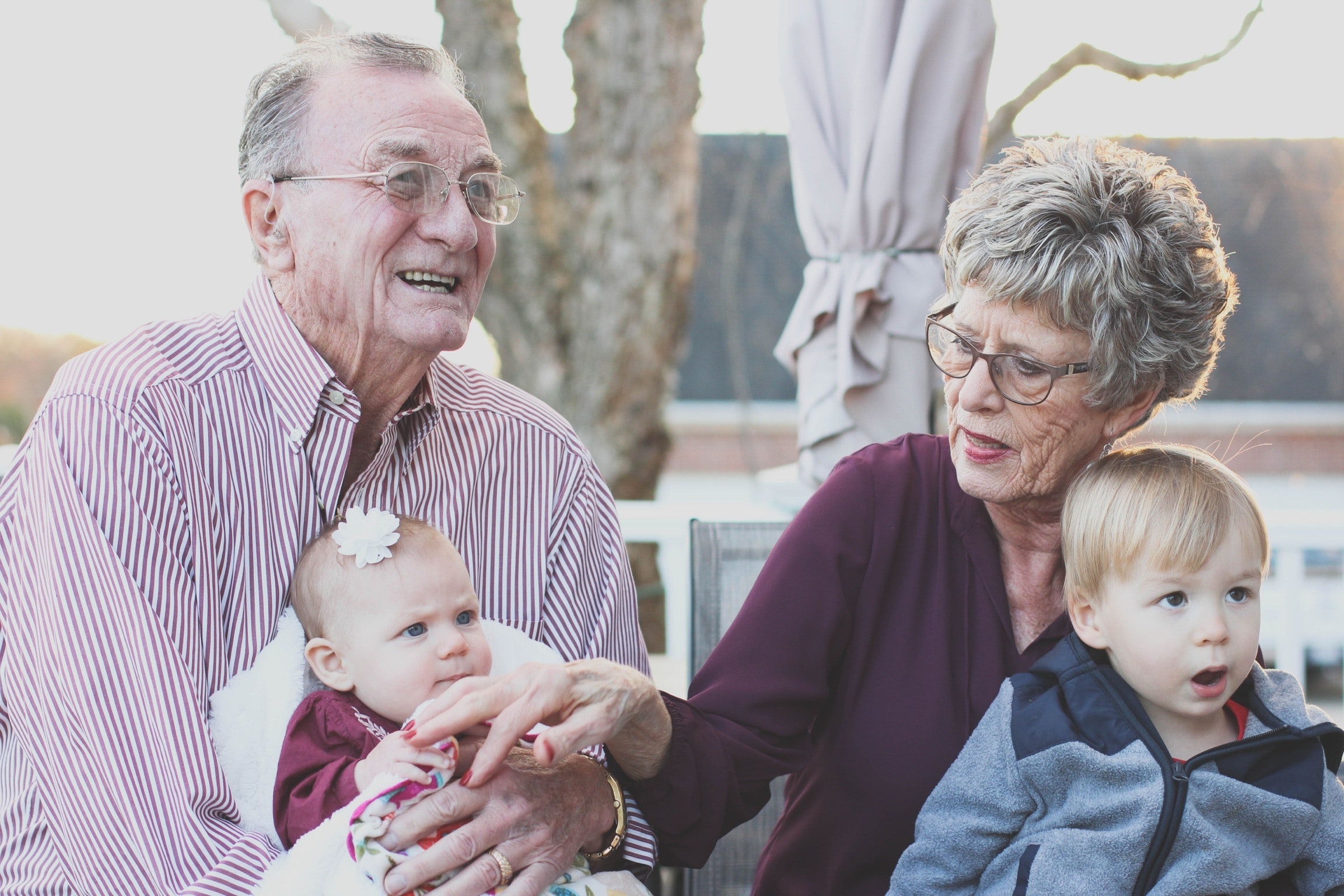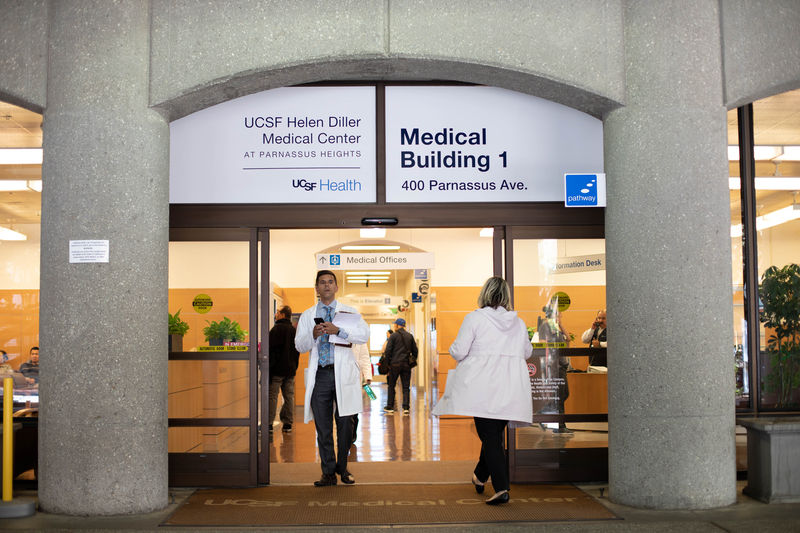
It's still not fair. You didn't choose your parents to inherit their genes. Even if you smoked, talked endlessly on your cell phone, didn't get a mammogram, didn't exercise, or didn't eat healthy food, it's still not fair! Lots of people do the same and don't get the bad news you just received. It's not fair that this happened to you, and I'm really sorry that it did
Steven Pantilat, MD
UCSF Palliative Care
Telling family and friends that you have a serious illness can be as difficult as getting the news yourself. Sometimes, people with the illness have to comfort the person they’re telling. People have said that telling others makes it real, but that it can also bring a sense of relief.
Many people haven’t heard of ILD. When you tell them, they may think you have a more common lung disease like asthma or COPD. It’s important to have at least a basic understanding of your ILD - how it was diagnosed, how it will be treated, the prognosis - so that the other person can have as accurate an idea of your ILD as possible. Bringing a loved one with you to your visit, and having them take notes, can help you recall later the specifics of the disease so that you can tell others. Many PF Care Centers have social workers who can help you formulate a plan.
Decide who and how you want to tell (i.e., tell one person and have them spread the word, Facebook, etc), hold a family meeting, bring loved ones to clinic visits.
If you feel overwhelmed with well-meant suggestions, say, "I’m a bit overwhelmed right now, but will keep that in mind." Tell loved ones what you would like from them - how they can help.

It may feel very lonely as you begin your journey with ILD, but you are not alone. Find a support group near you where you can hear how others with ILD, as well as their caregivers, deal with their loved ones and relationships.
Contact UCSF ILD support group at our home page or find an ILD support group at Pulmonary Fibrosis Foundation.
